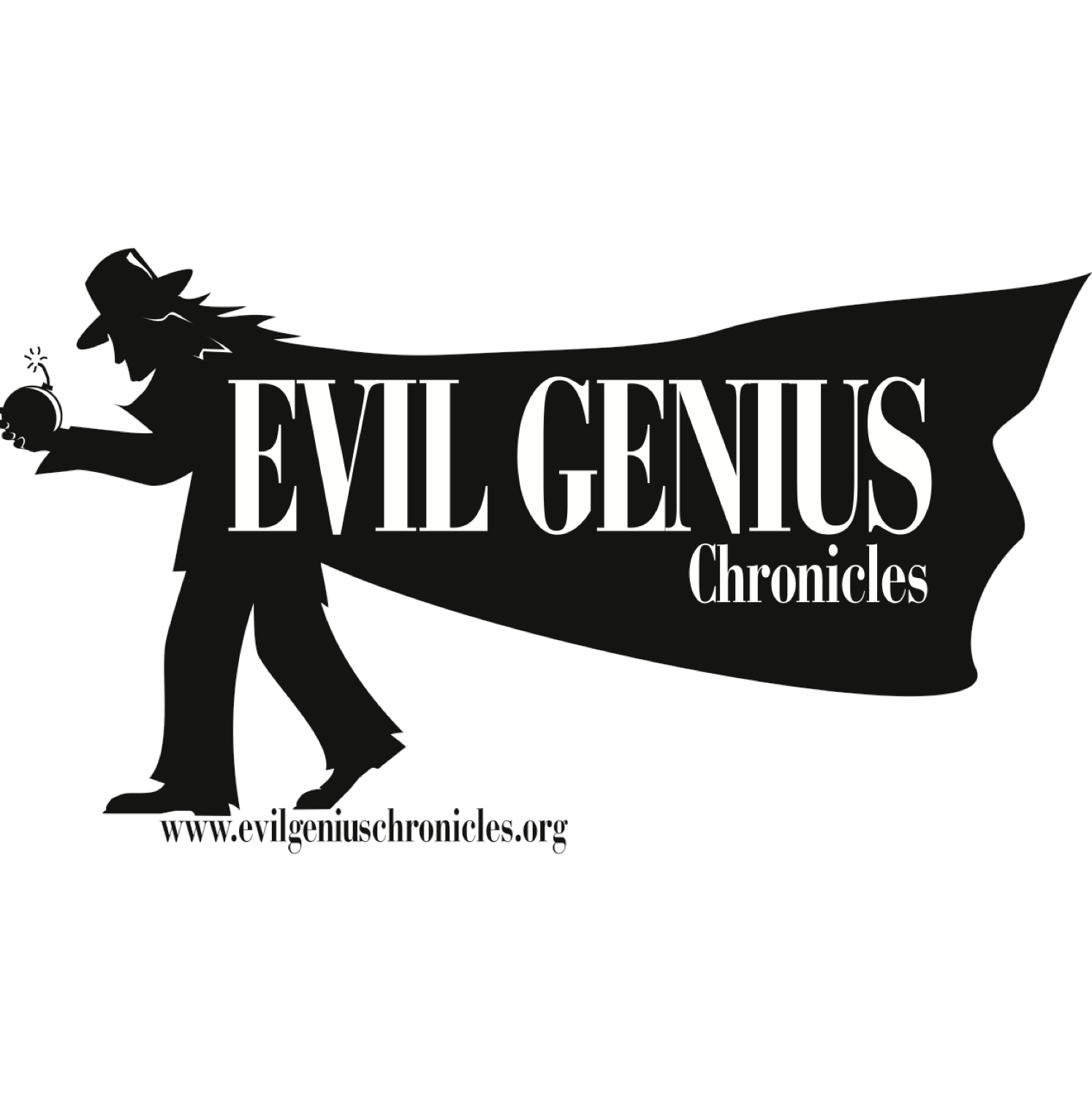Kill Bill
I saw this film yesterday. I found it hugely entertaining, and not at all what some of the negative reviews would have led me to believe. I've heard criticisms that it "was about nothing", "was only about itself", "full of empty violence", "cared only about being hip and referring to other films", etc. Having now seen the movie, I think all of that is off the mark. This is a very violent movie, one of the most violent I've seen in a long time. However, it is very far from empty. As blood and gore soaked as this movie was, I can't say I found any of it gratuitous. There is a deep emotional core to this movie, and the people that are missing it just aren't looking for it. There isn't a lot of talk of despair, but the movie is absolutely full of it. The violence that Uma Thurman perpetrates is not mindless and random - everyone she kills has it coming. This is empasized by a point where a bad guy drops his weapon, and she sends him on his way (in what is probably the funniest moment in the film, a welcome tension reliever between two very long violent scenes.) All the violence is in service of a goal, revenge but deeper than that, in pain relief. This character has suffered badly, and I got a very real feeling that every bit of this revenge is not for justice, but as a failed attempt to make her hurt less. Part of the tragedy of revenge films is that we all know, and even the characters know, that there is no happiness at the end of this. The best that can be asked for is to have the pain replaced with numbness.
The emotional content of this movie is deep, but I think reviewers are missing it because it isn't out in the open. Perhaps they are used to talky Sundance type films, with monologues of pain and loss. All of that here is conveyed simply, in gestures but mostly in the eyes. The way two characters look at each other while they are squaring off speaks volumes. This is a very clear homage to Sergio Leone, the master of this. The opening fight between the Bride and "Copperhead" sets the pattern up almost immediately, with the looks that pass between them as the school bus pulls up. The trailers play this scene for laughs by excerpting the moment when the little girl walks in the door and they put their knives behind them. In fact, this is part of a harrowing sequence of negotiation between the two women, some of it verbal but most not. Since this is our introduction to the Bride, the audience really don't know what she's capable of and this is an extremely effective and moving bit. I could go on at length about this, but I won't. Suffice it to say that if you hear criticism about the emptiness of the film, it is because the reviewer doesn't know where to look for the depth.
Like all of Tarantino's movies, the best audience is a viewer who loves movies, particularly the kind of films he likes. If, like me, you love spaghetti westerns and wasted your youth in theaters and in front of TVs watching movies about the Man with No Name or Trinity (the Terence Hill character, not the Matrix), this movie is for you. If you watched Black Belt Theater in the early days of USA networks, this movie is for you. If you have ever experienced the thrill of sitting in a theater and getting lost inside a movie, this film is for you. None of this is a prerequisite, but it all adds to the enjoyment of a very enjoyable film. Don't believe the anti-hype.
